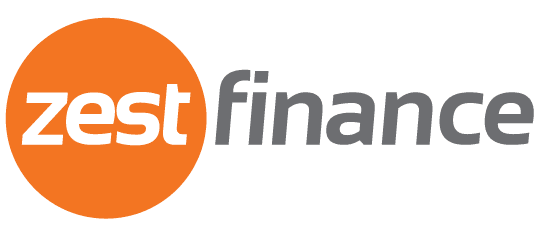It seems that every week we hear of new financing rounds or new entrants in the online lending industry. This week was no exception when we heard about ZestFinance’s $150 million debt financing round from Fortress Investment Group. Their overall funding now totals $250 million. I had the chance to talk with Douglas Merrill, ZestFinance’s founder and CEO to learn more about their product offerings. Douglas was previously CIO at Google and is leaning on his experience there to apply Google machine learning to unsecured consumer loans.
ZestFinance is a little different than most consumer online lending companies. In addition to having two different loan products, they also license their credit decisioning software. The largest partnership using their machine learning software came back in June of 2015 when they announced their partnership with JD.com, China’s largest direct sales company.
The latest influx of cash is slated to grow their unsecured installment loan business which operates under the name Basix. Launched just a few months ago, the Basix loan product focuses on consumers with credit scores from 620-700. The average loan size is $4,000 with rates varying from 26% to 36%. To date, they have provided millions of dollars to thousands of borrowers with this product.
ZestCash is the other product they offer, which offers loans to borrowers much further down the credit spectrum. It is most comparable to a payday loan, but the cost of the loan to the borrower is priced at half or two-thirds the cost of a traditional payday loan. The average loan size is $600 with an average term of 6 months.
As for the use of data, Douglas had several interesting things to say and highlighted that little has changed in underwriting since the creation of credit bureaus and FICO scoring. For starters, sub-prime borrowers sometimes have errors on their credit file, with some borrowers even showing up as dead when they are in fact still alive. He refers to these as zombie borrowers. Douglas said that by using tens of thousands of data points, even if one variable isn’t correct, it doesn’t matter. What matters is what the variables as a whole tell them about a borrower. Although it is still early, Douglas stated that they are performing 50% better than their nearest competitor.
ZestFinance has participated on several LendIt panels (2014 and 2015) and the one thing that was most interesting was their unique data points. One example given was that they will look at the location of your home by using your IP address and check the distance to that of your work. The further you are apart from your workplace, the higher the risk you are. Another example given was that the closer your email address is to your actual name, the less risk you are. For instance an email of ryan1234@gmail.com would be deemed less risky than say cargearhead12@gmail.com. Douglas also provided one other example regarding case. On a loan application, inputting “Ryan” would be considered less risky than “RYAN”. While these variables may seem trivial, they are just small pieces of the data ZestFinance considers during underwriting.
With this financial backing, ZestFinance is poised to become one of the major players in the near-prime lending space. Their main competitor in online lending is Avant. This successful funding round and many others like it is a testament to the fact that there is room for many online lenders in the industry. We are unlikely to see a winner take all in any segment and will continue to see more companies enter the market. If you’re interested in learning more about ZestFinance and their approach to underwriting, I recommend watching this TED Talk with Douglas Merrill.



